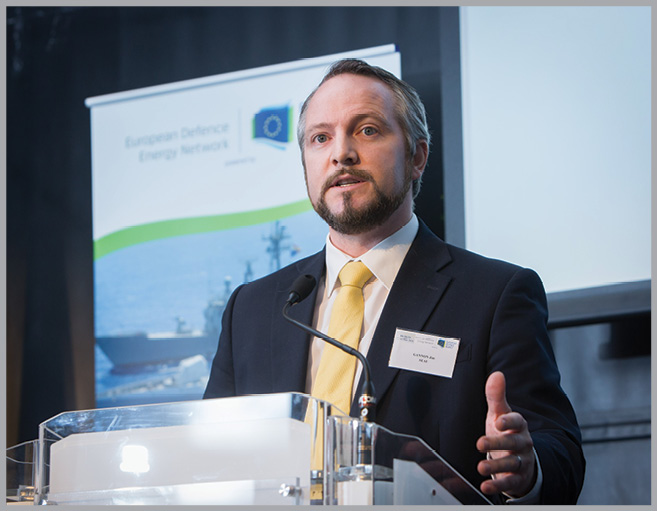Global gas developments impacting on Ireland
10th November 2015
Renewable urgency
8th November 2016A pivotal year for energy policy

In a wide-ranging speech to the annual Energy Ireland® conference, Minister for Communications, Energy and Natural Resources, Alex White, TD, looksahead to the publication of the energy White Paper during a “pivotal year forenergy policy”. Read some excerpts from his speech over.
On the energy policy landscape
“Since publication of the 2007 White Paper, the Irish, EU and international energy landscapes have undergone profound change as new technologies have unlocked new sources of fossil fuels – as well as some low-carbon alternatives and clean technologies – and as the global economy recovers some positive momentum”.
On the global energy market
“The dynamic nature of the global energy market presents us with a lot of uncertainty. This is evidenced by the collapse of oil prices; increased and then decreasing use of hydraulic fracturing in the United State; cheap exports of US coal; increasing geopolitical instability; and the imperative to secure agreement on climate change mitigation and abatement measures at the Conference of the Paris later this year. Against this constantly shifting energy landscape, it is critical that we maintain stability in our energy policy, in tandem with meeting our responsibility to address climate change”.
On energy security and costs
“Energy security is essential to Ireland. We are an inadequately interconnected peripherally located country that is heavily dependent of fossil fuel imports. As a result we remain hugely vulnerable to price shocks and potentially supply disruptions. Energy security is also one of the key pillars of the EU’s energy policy and an important dimension of the EU’s Energy Union initiative.
“Ireland is fully supportive of initiatives at EU level, such as fostering regional cooperation, which complements our already close cooperation with the UK. There is a range of oil, gas and electricity infrastructure projects that could enhance our energy security. European electricity market integration and increased interconnection are essential to achieve security of supply and compliance with our EU obligations. However, the costs of integration must not outweigh the benefits, particularly in peripheral regions with small markets, where the costs of both infrastructure and compliance with market changes are proportionately much higher than in larger continental markets.
Even as we incorporate increasing renewable energy and greater energy efficiency measures in making the transition to a low carbon future and greater security of supply, it is important to recognise that fossil fuel imports will continue to play an important role in Ireland’s consumption especially in the transport and heat sectors.
Oil represented 57 per cent of total final energy consumption in Ireland in 2013 and consequently oil security remains a key pillar of energy policy. The oil market is completely privatised, liberalised and decentralised. Oil underpins the transport sector and is still the most significant fuel in home heating.
While we unquestionably need to move to a lower carbon economy, oil will continue to remain an extremely important fuel to the Irish economy and society in the medium term. As such, oil resilience and investment in oil infrastructure is critical.
Identifying the optimal fuel mix for Ireland in the coming years – including consideration of the future role of coal in electricity generation – is important in the context of wider energy policy.
While it is too early to make a firm decision about the timing of the introduction of a policy on the appropriate role for coal in the electricity generation mix, such a decision will need to take account of the implications for fuel mix, emissions and energy security. Government will examine all options concerning our future power generation requirements and energy mix to 2050. This will be supported by appropriate modelling of fuel mix options and impacts on power generation, to allow adequate time for replacement planning and delivery of the required infrastructure”.
